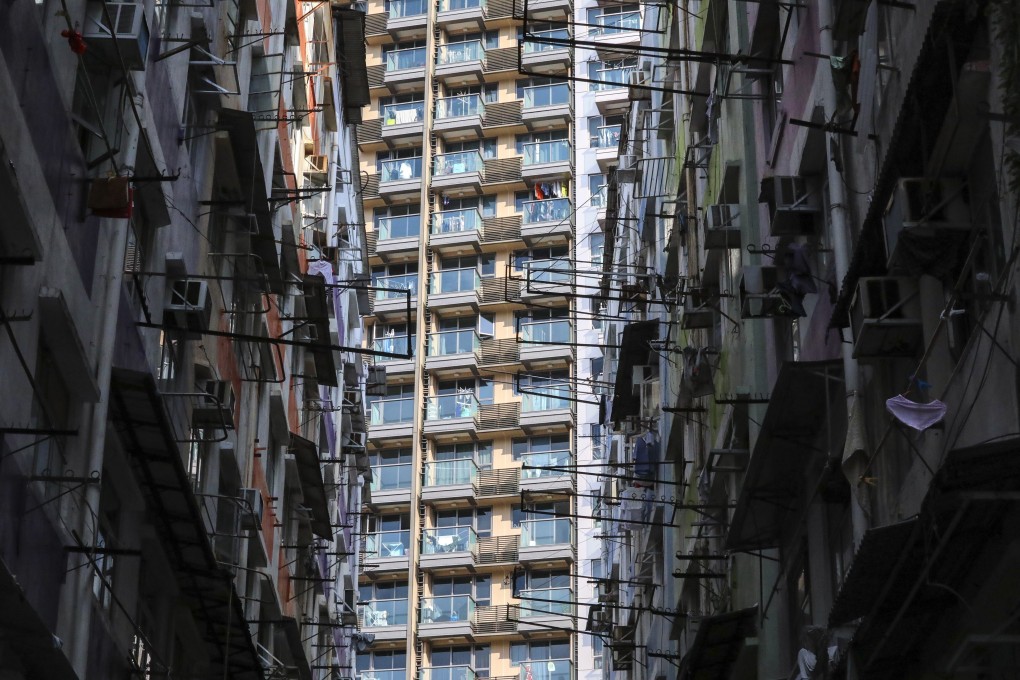Discrimination rampant for members of Hong Kong ethnic minority groups seeking housing, survey finds
- More than half of respondents said landlords simply would not rent to them, while more than 60 per cent complained of ‘unwelcoming attitudes’
- The study’s organisers called on the city to plug gaps in its anti-discrimination law to better ensure renters were protected

More than 90 per cent of members of ethnic minority groups in Hong Kong have encountered some form of discrimination when looking for a place to stay, according to a survey released on Monday.
Some 61 per cent of respondents in the survey – conducted by a pair of social welfare organisations – said they faced an “unwelcoming attitude” while looking for housing, while 53 per cent complained that landlords simply refused to rent to them. Almost half also said landlords or property agents were unwilling to communicate with them in English.
The top three reasons cited by the respondents for their unpleasant experience were their ethnicity (64 per cent), their nationality (59 per cent), and their financial status (39 per cent).
The study, jointly organised by Hong Kong Unison and the Hong Kong Refugee Ministry Group in late 2018, interviewed 140 members of ethnic minority groups, asylum seekers and refugees – most of them South Asian and Southeast Asian. Roughly 40 per cent were living in subdivided flats.

Hong Kong Unison is a group that advocates for ethnic minority groups, while the Refugee Ministry Group is a coalition of Christian churches and welfare organisations that serve refugees and asylum seekers.